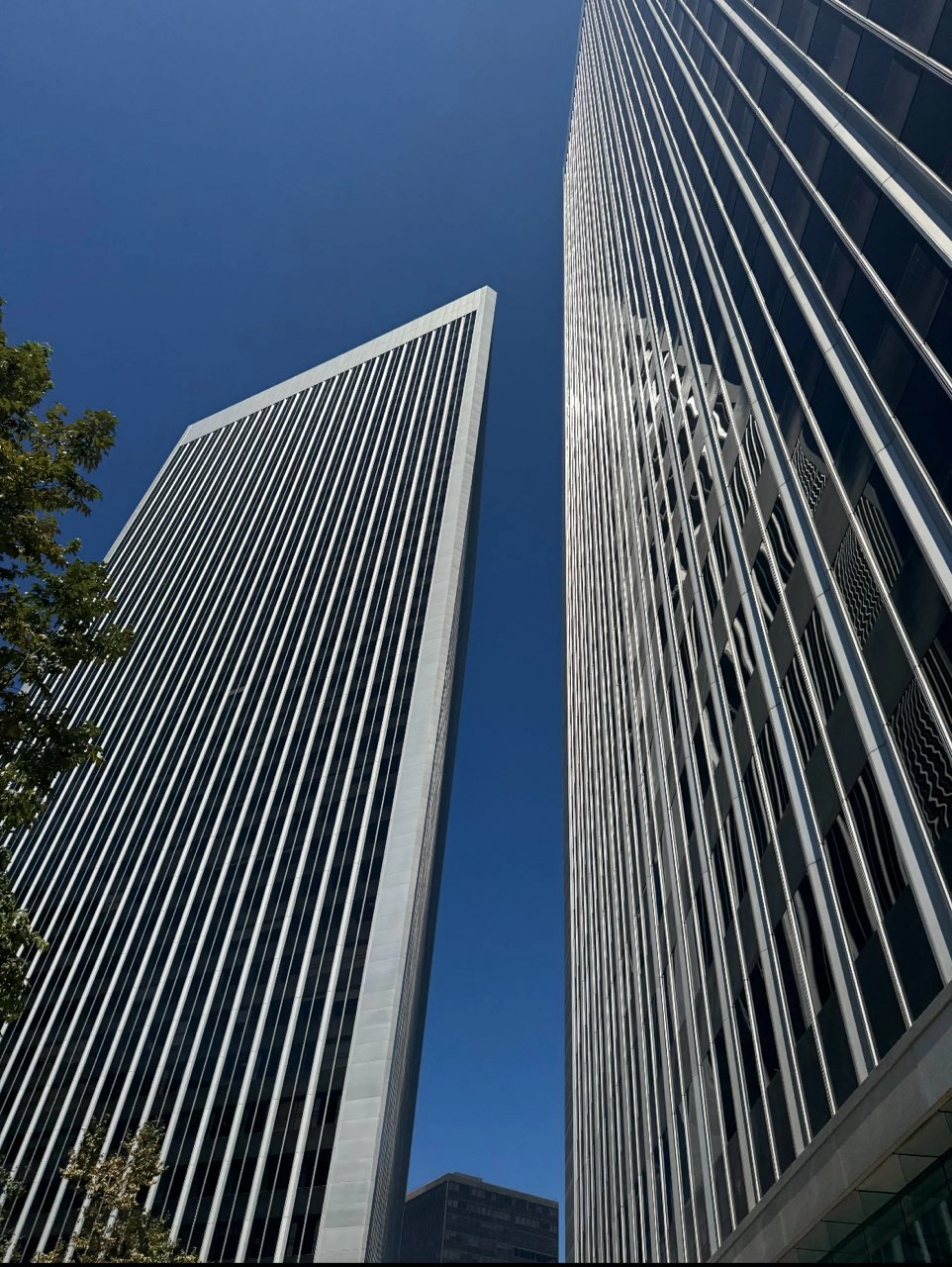
HANDLING ALL JOB RELATED LEGAL ISSUES FIND OUT MORE CALL NOW
1-877-525-0700
EMPLOYEE LAWYER
EMPLOYMENT LAW IN CALIFORNIA
With every expansion of California employment law since 1993 firm founder, Karl Gerber continued to stand at the forefront of utilizing all new legal expansions, interpretations, and statutes. Today, our law firm continues to test all new legal developments in manners most favorable to our employee clients.
The field of California legal rights that became known as employment law in the 1990s had its origin in 1959 when the California Supreme Court decided the first wrongful termination lawsuit. Originally employees fired for refusing to perform an illegal act could sue for wrongful termination. In later years wrongful termination expanded into employee legal rights for being fired for complaining to management about a suspicious act regardless of whether it was actually illegal, or complaining internally or externally (to a government organization) about an employer’s illegal act (including an illegal act under civil law opposed to criminal aw) employer that effected society at large opposed to merely the employer.
By the 1990s California employment law established a job termination due to a protected characteristic under the Fair Employment and Housing Act (FEHA) fell under the umbrella of wrongful termination. The Fair Employment and Housing Act outlaws forms of employment discrimination. Employees who were fired because they were pregnant, or because they sought to exercise California Family Rights Leave rights could sue for wrongful termination along with employees who were fired for complaining about race discrimination or sexual harassment.
FOR MORE INFORMATION ABOUT WRONGFUL TERMINATION CLICK HERE
In the early part of the 21st Century several new California Labor Codes became law. These new labor codes prompted a number of employee attorneys to focus less on job termination lawsuits and more on the recovery of unpaid wages. Many lawsuits were filed for missed meal breaks, rest breaks, overtime, minimum wage, and for cheating workers out of wages in unusual manners. Some employee law firms began focusing only on wage and hour lawsuits. Others decided to primarily focus on employee class actions.
By 2013 employers were concerned with the proliferation of employee lawsuits to recover wages, often filed as class actions. Around this time various appellate courts began holding employees who signed agreements with their employers to arbitrate waived their right to file class actions. Instead each employee who wanted to sue for wage theft had to individually bring an arbitration action. This is not a problem for our law firm. We have arbitrated many cases for large groups of employees owed wages. One arbitration was 31 days of testimony alone. When these arbitrations are won, PAGA penalties can be pursued.
Sensing it was not right to prohibit class action lawsuits for the recovery of wages likely to be less than $20,000 an employee, or because the California Court genuinely believed PAGA (Private Attorney General Act) was a private attorney general right that could not be waived through arbitration the California Supreme Court decided arbitration did not waive PAGA rights which are not class action rights. PAGA lawsuits could be brought regardless of whether the employee waived their right to proceed in court, and could be brought on behalf of similarly aggrieved employees. The only draw back was the employee acting on behalf of the government could only receive 25% of the penalties they obtained. These penalties are different than the penalties they could obtain privately. Sometimes PAGA penalties are greater than the actual wage loss, and sometimes they are less.
Let us navigate your complex legal challenges against the big boys. 2,000 employment cases against the largest employers in this nation, and the world.
310-842-8600 if you want to win the fight


CALIFORNIA WAGE LAWYER
August 23, 2016 the 9th Circuit Court of Appeals may have set the stage to outlaw the particularly foul concept an employee's ability to bring a class action is waived through an arbitration agreement which often does not specifically waive classwide arbitration, but courts have essentially held happens through the molecules in the air. In Ernst & Young the 9th Circuit invalidated an arbitration agreement that waived the employee's concerted rights to bring a class action to recover overtime and adjudge their misclassifications.
The plaintiffs in Ernst & Young brought claims under the California Labor Code for unpaid wages for overtime and misclassification as well as the FLSA. Their right to concert as a class was a substantive right interfered with which invalided their arbitration agreement.
The United States Supreme Court has recently been known for overturning the 9th Circuit Court of Appeals, but many commentators believe the Ernst & Young decision may stick if the Supreme Court vacancy is filled by Clinton. or even a moderate conservative.Hopefully the United States Supreme Court will decide arbitration clauses that specifically mention the waiver of employees’ rights to bring class actions, or do not specifically mention these waivers, will no longer waive employee class actions. Presuming the losing employer seeks Supreme Court review it is unlikely the Supreme Court will decide this case until 2018.
WAGE AND HOUR LAWYER
Our law firm represents single employees, multiple employees suing as a group, employees suing as class actions, and employees suing for PAGA violations. We have been in this field since 1993 and had many successes. Some of our recent wage and hour cases include:
Three Class Action Settlements in 2016. The theories for which recovery was paid included minimum wage violations, overtime, paystub violations, meal breaks, rest breaks, off-the-clock work, controlled standby, and PAGA penalties.
In 2016 four employees won an arbitration in which Karl Gerber represented them for off-the-clock work in & a PAGA settlement followed
A Class Action Settlement in late 2015, finalized and disbursed in 2016 for controlled standby pay and other California Labor Code Violations
In the last year we have achieved the following significant monetary recoveries in wage and hour lawsuits for unpaid wages:
- $800,000 for controlled standby
- $750,000 for failure to pay minimum wage and other Labor Code Violations
- $400,000 for off-the-clock, overtime, and PAGA violations
- $450,000 for controlled standby
- $260,000 for controlled standby
Recent Wrongful Termination/Discrimination Case Results:
- $195,000 for whistleblower wrongful termination
- $165,000 for wrongful termination motivated by race
- $125,000 for wrongful termination after whistleblowing
- $100,000 for wrongful termination due to unequal pay
Contact our wage recovery lawyers at (818) 783-7300 if you were fired from your job or are owed wages by your employer
